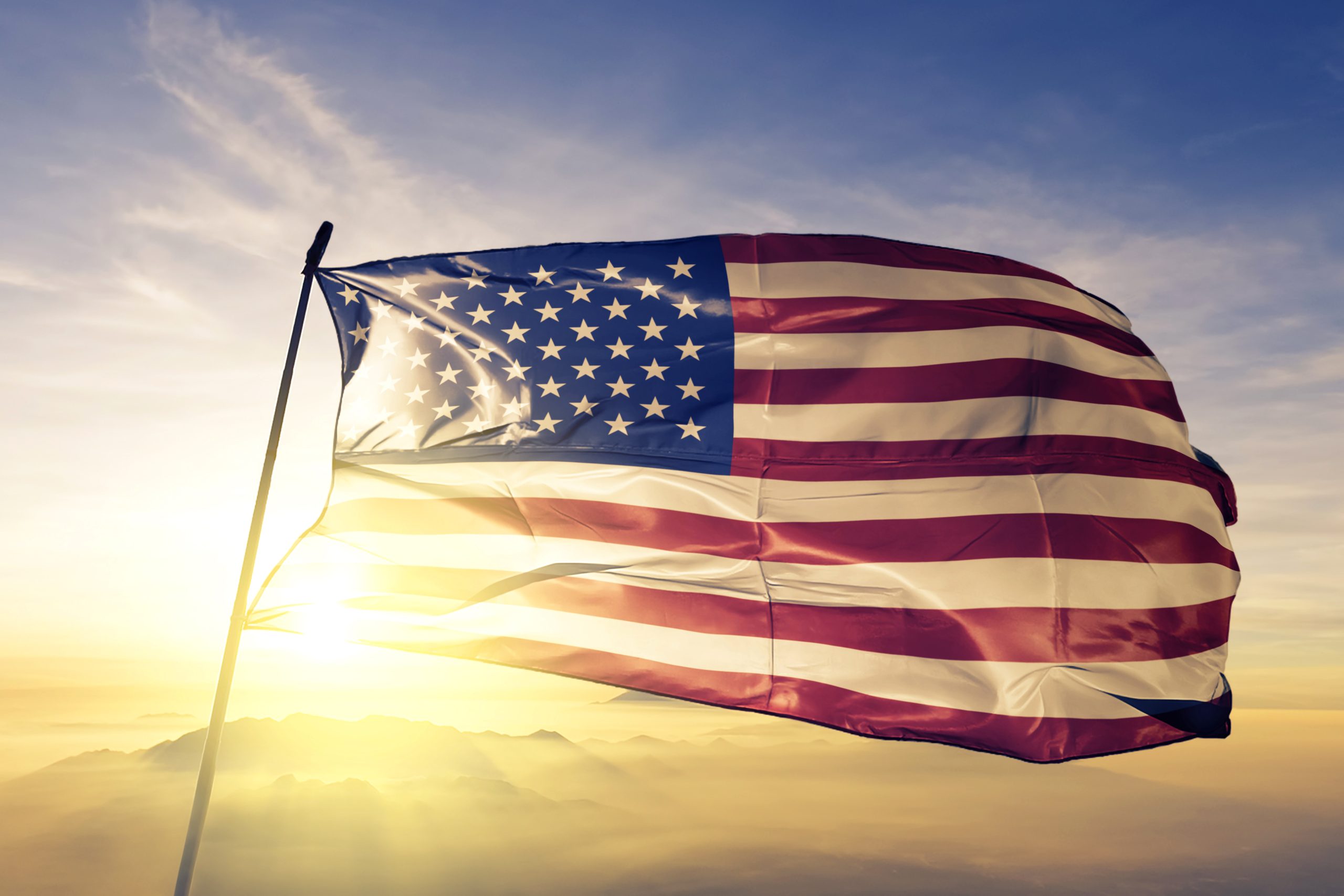As college campuses across the country descend into chaos, with authoritarian mobs violently taking over buildings, attacking police, and vandalizing property, Americans rightly wonder why so many young people are engaging in grossly undemocratic behavior. New research provides a clue, with public schools scoring significantly below private schools in forming democratic citizens.
According to the latest Census Bureau data, 47 million students are enrolled in public K-12 schools, while 7 million are enrolled in private schools. It is therefore troubling to see the comparatively inferior civics education that public school students are receiving.
On the 2023 National Assessment of Educational Progress civics exam, only two out of 10 public-school eighth graders scored at the proficient level.
Beverly Perdue, chair of the NAEP’s Governing Board, said, “The students who took these tests are in high school today and will soon enter college and the workforce without the knowledge and skills they need to fully participate in civic life and our democracy.”
The result of this massive civics deficiency is currently on display in the widespread anarchy raging on college campuses.
So where are public schools failing when it comes to preparing students to be knowledgeable and functioning democratic citizens?
A new University of Arkansas study shines light on where the public schools are coming up short compared to private schools.
The study noted that public-school proponents “argue that government-operated public schools are more effective than private schools at promoting such civic values as political tolerance, political participation, civic knowledge and skills, and voluntarism and social capital (i.e., community engagement).”
Further, “They claim that the very fact that public schools are government controlled and open to all students gives them an inherent advantage over private schools in inculcating the civic outcomes central to citizenship in our constitutional republic.”
Such claims, however, have often been made without any empirical support.
The study’s researchers, therefore, analyzed empirical data from 57 qualified studies to determine “whether public or private schooling is associated with better civic outcomes.”
The study found that, on average, private schooling boosts any civic outcome by a significant amount over public schooling.
Specifically, the study used a methodology to determine if the correlation between a type of schooling and a civic outcome was statistically significant. Statistical significance means that a result is unlikely to be explained by chance.
The study’s analysis, therefore, provided “an up-to-date, methodologically sophisticated, and comprehensive overview of the effect of private schooling in comparison to public schooling on 10 civic outcomes nested with the four general categories of political tolerance, political participation, civic knowledge and skills, and voluntarism and social capital.”
In their analysis, the study’s researchers found that private schooling demonstrated “a statistically significant positive effect on three of our four general types of civic outcomes: political tolerance, political knowledge and skills, and voluntarism and social capital.”
The study defined political tolerance as a person’s “willingness to respect the rights and opinions of people who are different from them,” and includes attitudes about equality, human dignity, and measures of anti-Semitism.
Also, political participation is defined as a “measure of a person’s willingness to engage in the activities of self-government,” including activities like voting and contacting a political representative.
According to the study, “The evidence is especially strong that private schooling is correlated with higher levels of political tolerance and political knowledge and skills.”
Further, “Religious private schooling, particularly, is strongly associated with positive civic outcomes.”
Based on these findings, M. Danish Shakeel, the study’s lead author, stated: “Since public schools were often established specifically to prepare children for citizenship, one might assume that they’re superior to private schools at that function. Our research shows that is not the case.”
Patrick Wolf, another of the study’s authors, laid out the key policy takeaway from the findings: “Educational pluralism, advanced by effective school choice policies, seems to be a boon, and not a bane, for civic outcomes.”
Thus, for policymakers appalled at the student extremism destroying higher education, enacting school-choice programs such as education savings accounts that empower parents to choose the schooling that best fits the needs of their children may be one of the best ways to ensure that America’s children understand and embody the democratic ideals for which this country stands.
Lance Izumi is senior director of the Center for Education at the Pacific Research Institute. He is also the author of the soon-to-be-released PRI book The Great Classroom Collapse: Teachers, Students, and Parents Expose the Collapse of Learning in America’s Schools.

